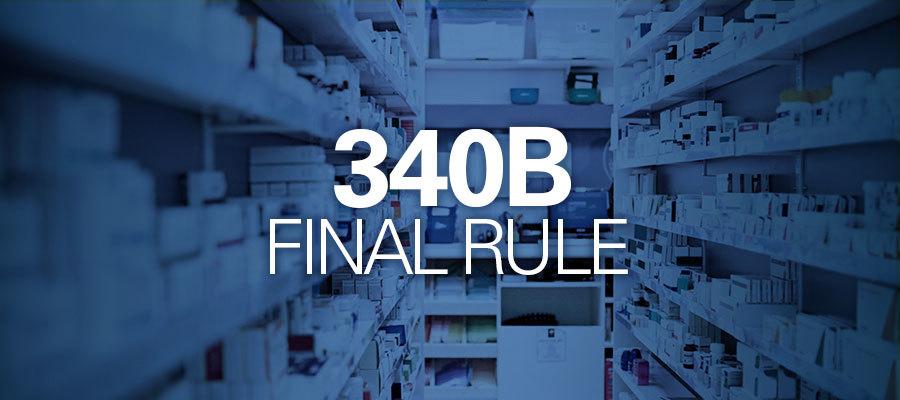Senate HELP Committee Hearing Examines 340B Program

The Senate Health, Education, Labor and Pensions Committee today held the second in a series of hearings examining the 340B drug savings program.
At the hearing, representatives from the Department of Health and Human Services Office of Inspector General and Government Accountability Office testified on oversight reports related to the program and shared recommendations for improving it.
Ann Maxwell, OIG’s assistant inspector general for evaluation and inspections, said the Health Resources and Services Administration, which oversees the 340B program, has made “great strides in improving program integrity,” but more must be done related to transparency and program rules.
HELP Committee Chairman Lamar Alexander (R-TN) said he hears often that hospitals and clinics are using the 340B program to benefit low-income patients, but questions whether “HRSA’s lack of oversight authority has made it difficult for us to have agreement on a common set of data about the 340B program so that we can make such determinations.”
HELP Committee Ranking Member Patty Murray (D-WA) described how a number of hospitals in her state are using the 340B program to fund a variety of programs that increase access to care for patients in vulnerable communities. Murray said that the 340B program should be strengthened and there should be “more accountability and transparency for everyone in our drug system.”
During the hearing, Murray and a number of senators spoke about repeated delays in implementing a final rule on 340B drug ceiling prices and civil monetary penalties for manufacturers. The rulemaking on this issue began seven years ago, and last week HRSA proposed delaying the effective date to July 1, 2019.
“No one should be above the law and that includes giant drug companies that are raking in profits while complaining about a program that helps out our most vulnerable patients,” said Sen. Elizabeth Warren (D-MA).
Sen. Susan Collins (R-ME) spoke about the importance of the 340B program in Maine. She cited data from the Maine Hospital Association that showed 25 hospitals in the state participated in the 340B program, 14 of those hospitals already have negative operating margins, and a number of others would have negative margins if not for the 340B program.
In a statement submitted for the hearing, AHA said that for more than 25 years “the 340B program has been critical in helping hospitals expand access to lifesaving prescription drugs and comprehensive health care services in vulnerable communities across the country, including to low-income and uninsured individuals ... AHA and its member hospitals and health systems support program integrity efforts to ensure that the 340B program meets the objective set by Congress” and “we continue to work with HRSA and its partners on these efforts.”

